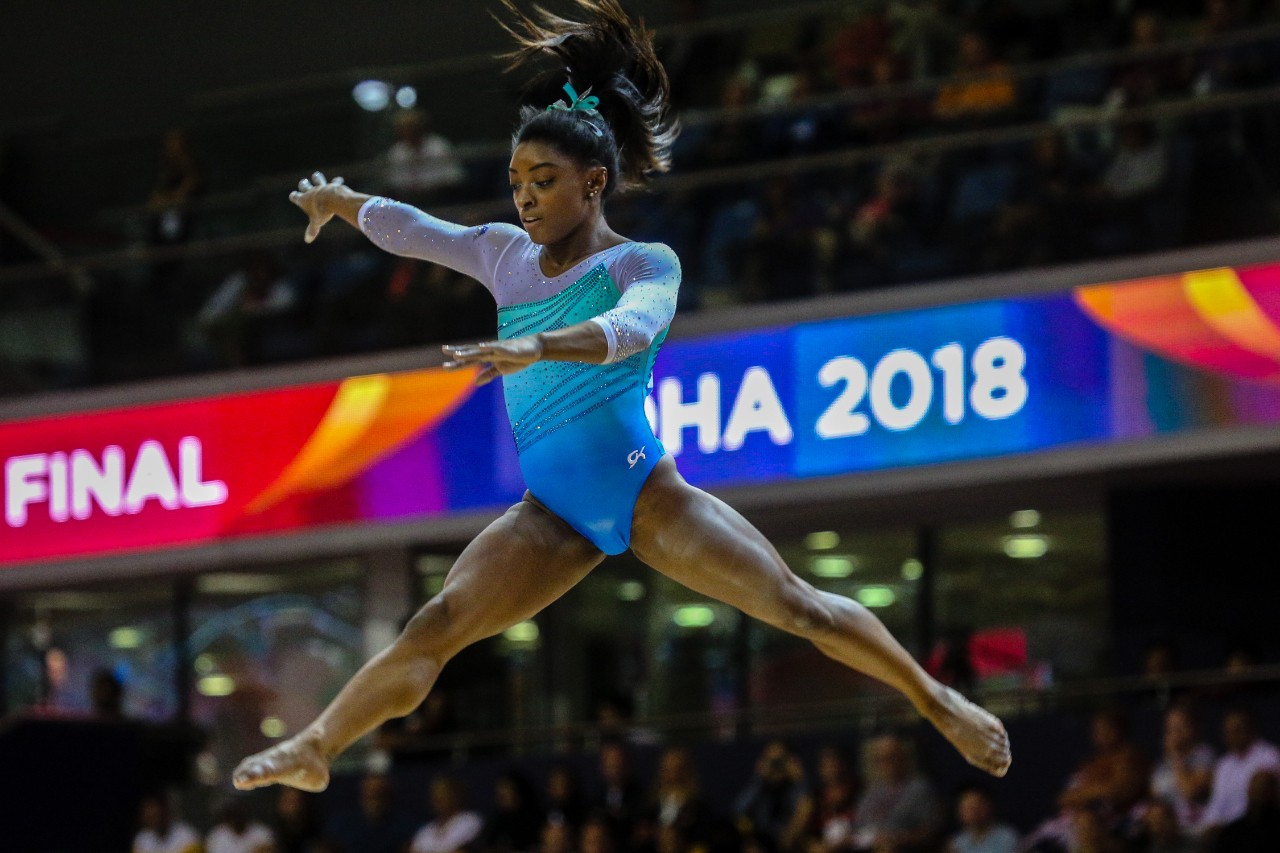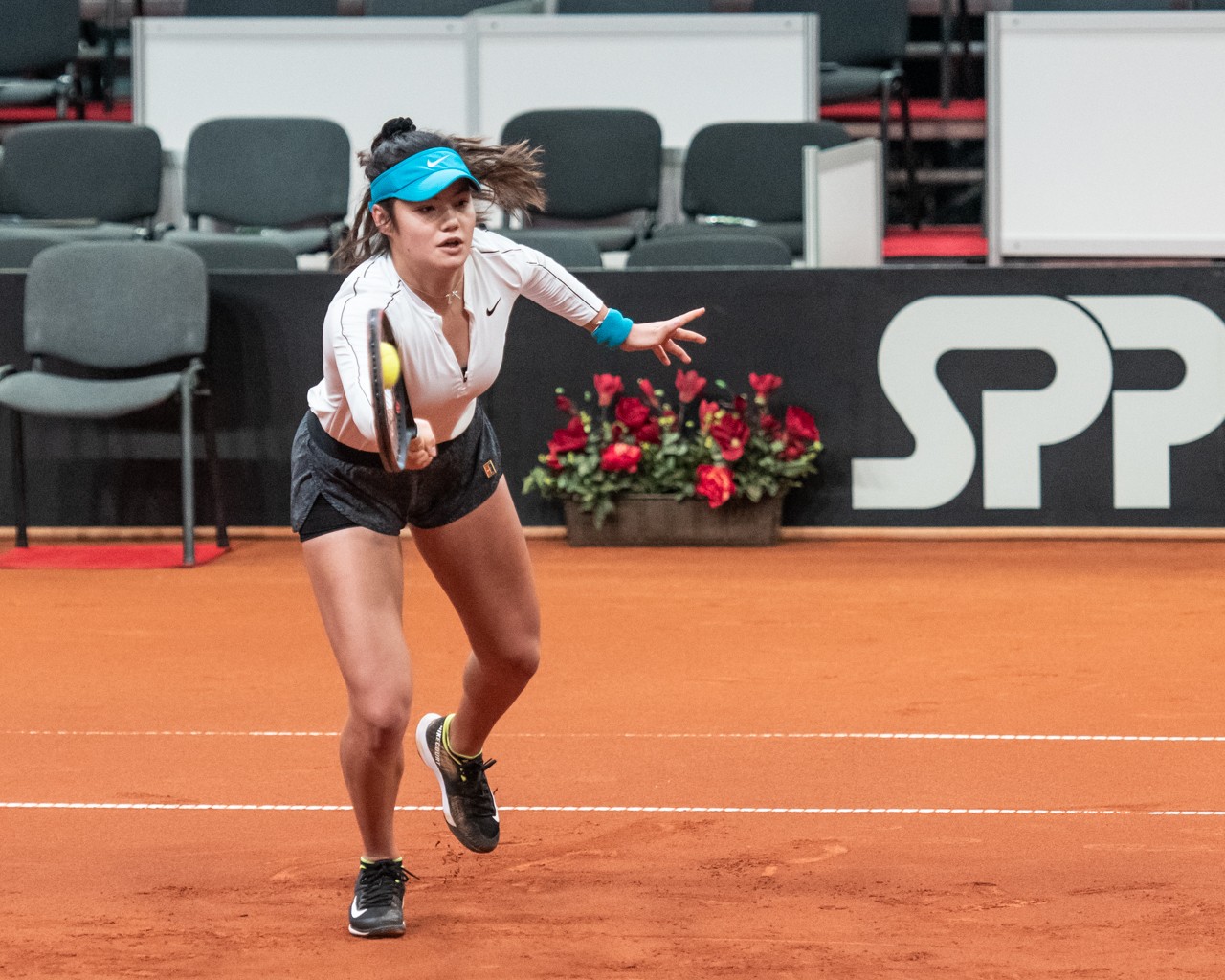Simone Biles withdrew from several events at this year’s Tokyo Olympics — including the final of the women’s team gymnastics. After their first performance, she wasn’t at her best. She said she knew the “mental [was] not there” and she “didn’t want to risk the team a medal”. The team went on to win silver without her.
Simone isn’t the only superstar athlete to have backed down from a high-profile sporting event due to mental health. Naomi Osaka — the twice US open tennis champion, 4X grand slam winner, and best hard-court player in the world by some distance — also made headlines earlier this year for withdrawing from the French Open and Wimbledon.
This was after she pulled out of a press conference and fined $15,000 for the pleasure — threatened with expulsion from the tournament if she did so again. Osaka said that despite her good relationship with the press, she found speaking to the world’s media incredibly anxiety-inducing; so stepped back to practice some self-care. Later in a Time magazine piece, she wrote that after some time recharging and spending time with loved ones, she “could not be more excited to play in Tokyo” in front of Japanese fans, a “dream come true” for her.
These moves have garnered praise — and also branded the athletes as mental health ambassadors. This is on top of the pressures of being international champions in their sports. Both feel the weight of expectation on their shoulders and Osaka has stressed that she is new to this and doesn’t “have all the answers”.

Biles, alongside her teammates, is a survivor of the sexual assault of US team doctor Larry Nasser. She also carries the weight of representing survivors. She has said that it had been a stressful year and an extremely stressful Olympics, which contributed to her anxiety before backing out of the team and subsequent events.
Recently, press attention has shifted to the latest women’s US open champion and breakout star, Emma Raducanu. She also shared her struggles with mental health, saying she is ‘taking one day at a time’. Raducanu had to pull out of a match due to breathing difficulties — which she put down to events of the week and the ‘buzz’ of playing at Wimbledon.
During her first team event at the Tokyo Olympics, Biles performed an off-balance vault. The feeling of overwhelm and pressure led to her being disorientated by the “twisties” (losing spatial awareness in the air) increasing likelihood of injury. It seems important here to state the obvious: high-performance sport — especially gymnastics — is physically demanding and dangerous.
The International Olympic Committee’s 2019 consensus states that mental health cannot be separated from physical health; evidenced by mental health “disorders increasing the risk of physical injury and delaying subsequent recovery”. The recognition that our physical and mental health cannot be separated is long overdue. Ben Miller, a psychologist and president of the Well Being Trust, says "the sooner we are able to consistently connect the two, and not always see them as separate, the better we will be as a society".

For most of us, the superhuman capabilities of competing athletes may not be too relatable. But the pure emotion and triumph over adversity can capture our imaginations. The highs shared on screen — whether tears of joy, or punching the air — translate across all human experience. Just as the highs can be inspiring, so the lows can help people to feel less alone.
As Osaka writes, “There can be moments for any of us where we are dealing with issues behind the scenes. Each of us as humans is going through something on some level.” The universal allure of sports could mean that this new message — of prioritising your mental health — reaches more people, and sparks more conversation.
The fact that top athletes are speaking out about their mental health struggles reveals that, contrary to conventional wisdom, suffering is not a sign of weakness. It’s actually a sign of strength. Just as we take care of our physical health after illness or injury, we should also take time to rest and recuperate so that our minds are in a healthy state.

This becomes clear when we consider that common mental health issues, like anxiety and depression, affect 1 in 6 people. That 1 in 5 have considered taking their own lives. Almost half of all adults believe themselves to have had a diagnosable mental health condition — but only a third have been diagnosed.
In fact, despite the volume of treatment rising, a third of people suffering from a mental health condition still haven’t sought professional help. Women from 16 - 24 are almost three times more likely to have a mental health problem as male peers. People in black and ethnic minority groups are also less likely to get treated. Mental health is proven to be underreported due to stigma, which is a big part of the problem.
The pandemic’s sudden isolation made mental health a hot topic. Still, there’s a long journey ahead to address the stigma of voicing struggle. With constant connectivity, 24-hour new cycles, and distributed workforces, taking a step back can seem impossible— even when our health is at stake. Pausing for mental health should be as accepted as taking time out to heal a sprained ankle. After all, our brains are part of our bodies.
When Naomi Osaka stepped back she encouraged Simone Biles to do the same. This in turn shows countless others that it is OK to prioritise mental health. Even (and perhaps especially) when other pressures seem paramount. Their bravery paves the way for a new culture.




